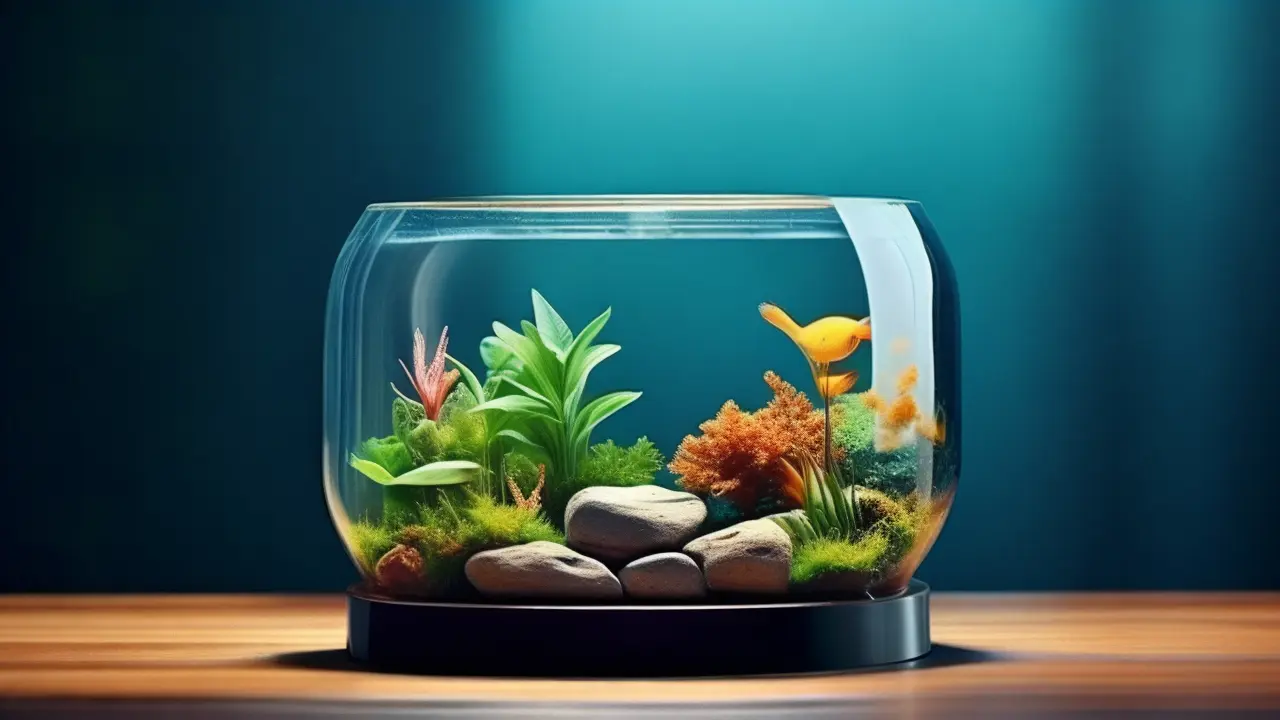Filtration material is essential for any tank, whether it’s a freshwater, saltwater, or reef aquarium. It helps to keep the water clean and clear by removing impurities and pollutants. However, with so many different types of filtration material on the market, it can be difficult to know which one to choose.
There are several factors to consider when evaluating filtration material for a tank.
1. Type of tank
The first thing you need to consider is the type of tank you have. Freshwater tanks have different requirements than saltwater tanks, and reef tanks have even more specific needs.
- Freshwater tanks: For freshwater tanks, you’ll need a filter that can remove impurities like ammonia, nitrite, and nitrate. You’ll also want to make sure the filter is able to handle the flow rate of your tank.
- Saltwater tanks: Saltwater tanks require a filter that can remove impurities like ammonia, nitrite, nitrate, and phosphates. You’ll also want to make sure the filter is able to handle the salinity of your water.
- Reef tanks: Reef tanks have the most specific filtration needs. You’ll need a filter that can remove all of the impurities listed above, as well as heavy metals and other toxins. You’ll also want to make sure the filter is able to maintain the delicate balance of nutrients in your tank.
2. Size of the tank
The size of your tank is also an important factor to consider. You’ll need a filter that is large enough to handle the volume of water in your tank. If the filter is too small, it will not be able to remove all of the impurities from the water.

The general settings for filtration power vs. fish tank size are as follows:
| Tank size | Filtration power |
|---|---|
| 10 gallons | 20-30 gallons per hour (GPH) |
| 20 gallons | 40-60 GPH |
| 30 gallons | 60-90 GPH |
| 40 gallons | 90-120 GPH |
| 50 gallons | 120-150 GPH |
| 60 gallons | 150-180 GPH |
| 75 gallons | 180-240 GPH |
| 100 gallons | 240-300 GPH |
| 125 gallons | 300-360 GPH |
| 150 gallons | 360-480 GPH |
| 180 gallons | 480-600 GPH |
These are just general guidelines, and the specific filtration power you need will depend on a number of factors, including the type of fish you keep, the number of fish you keep, and the amount of plant life in your tank. It is always best to err on the side of caution and choose a filter that is more powerful than you think you need.
Here are some additional tips for choosing the right filtration power for your fish tank:
3. Flow rate
The flow rate of the filter is also important. The flow rate is the amount of water that the filter can move through itself in a given hour. The flow rate should be high enough to turn over the water in your tank several times per hour.
4. Type of filtration material
There are several different types of filtration material available, each with its own advantages and disadvantages.
- Mechanical filtration: Mechanical filtration removes impurities from the water by trapping them in a physical barrier. Common mechanical filtration materials include sponges, filter floss, and gravel.
- Chemical filtration: Chemical filtration removes impurities from the water by bonding with them. Common chemical filtration materials include activated carbon and zeolite.
- Biological filtration: Biological filtration removes impurities from the water by converting them into harmless substances. Common biological filtration materials include bio balls and ceramic rings.
5. Cost
Filtration material can range in price from a few dollars to hundreds of dollars. It is important to find a filter that is affordable and that will meet the needs of your tank.
6. Reviews
Once you have narrowed down your choices, it is important to read reviews of the filtration material you are considering. This will help you to get an idea of the pros and cons of each product.
7. Brand Reputation
It is also important to choose a filter from a reputable brand. This will help to ensure that the filter is made of high-quality materials and that it will perform as advertised.
8. Warranty
Many filtration materials come with a warranty. This is a good thing to look for, as it will protect you in case the filter fails.
Conclusion
Choosing the right filtration material for your tank is an important decision. By considering the factors listed above, you can choose a filter that will keep your tank clean and healthy for years to come.
Sum ups for filtration system:
- Ask your local fish store for recommendations.
- Do your research online to compare different products.
- Read reviews of the products you are considering.
- Choose a filter from a reputable brand.
- Buy a filter with a warranty.
I hope this blog has been helpful. If you have any questions, please feel free to leave a comment below.




